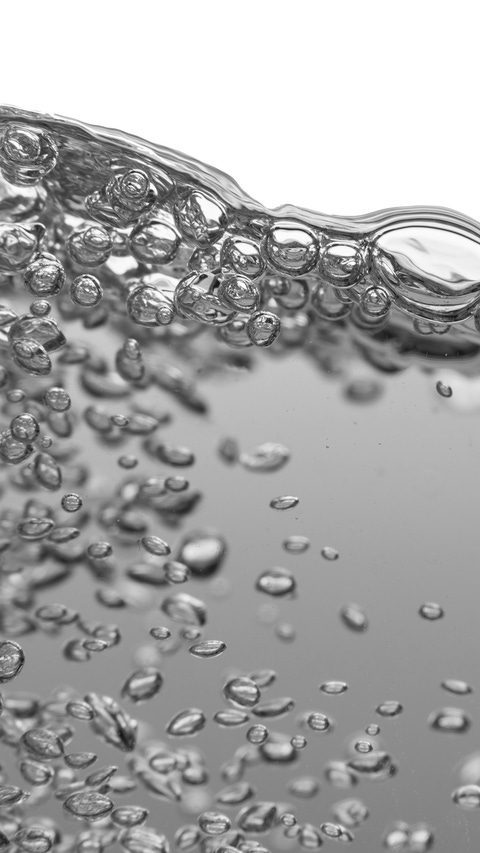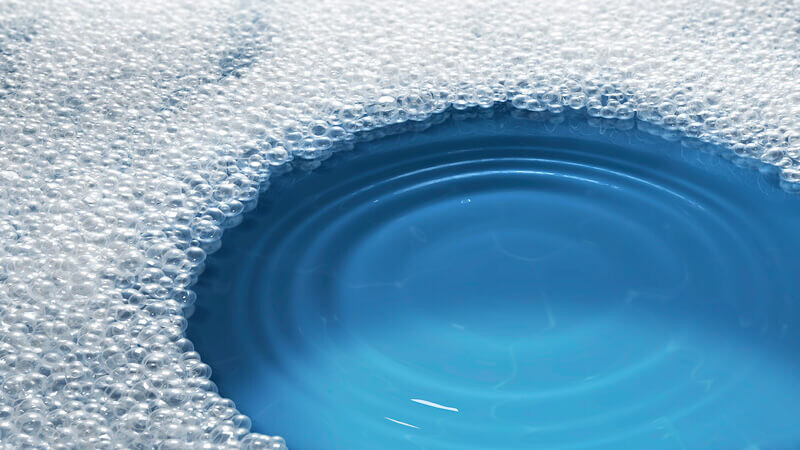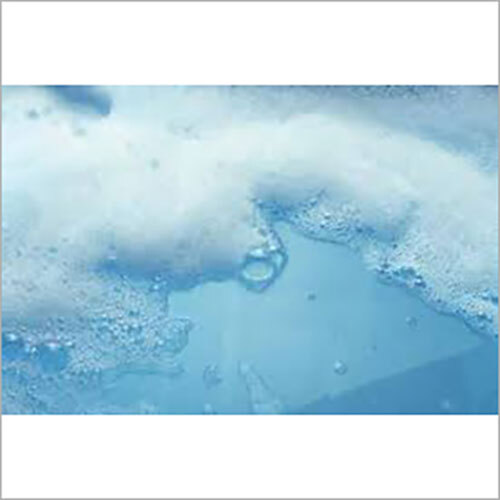The Duty of Defoamers in Enhancing Product Quality and Efficiency
In various manufacturing procedures, the visibility of foam can significantly impede item high quality and operational efficiency. Defoamers act as necessary additives that minimize this concern, making certain smoother production workflows while boosting the aesthetic and functional features of the last items (defoamers). Their application covers a multitude of industries, from food and beverage to drugs, where consistency and integrity are vital. The selection of the appropriate defoamer can be essential to attaining optimal results, raising vital questions about solution compatibility and efficiency metrics that warrant further expedition.
Understanding Defoamers
Recognizing the function of defoamers is important for maintaining product top quality throughout various sectors. Defoamers are chemical additives made to avoid the development and lower of foam in fluid systems, which can negatively affect processes such as blending, filling up, and surface tension. Lathering can cause inadequacies, item flaws, and endangered visual appeal, making defoamers an essential part in making procedures.
In commercial applications, defoamers aid to improve product uniformity and stability. The effective use of defoamers not just guarantees smoother manufacturing processes however additionally contributes to remarkable product efficiency.
In addition, the option and formulation of a defoamer should straighten with certain application needs, such as compatibility with various other active ingredients, effectiveness under differing temperature level and pH conditions, and potential regulative restrictions. Inevitably, understanding defoamers' functions and their relevance in various solutions is critical for optimizing manufacturing and ensuring the best end products.
Kinds Of Defoamers
Defoamers can be classified right into several kinds based on their make-up and mechanism of action. The main types consist of silicone-based, non-silicone organic, and inorganic defoamers.
Silicone-based defoamers are among one of the most effective, mostly because of their capacity to spread rapidly on the fluid surface and disrupt foam formation. Their special chemical structure permits exceptional stability, making them appropriate for high-temperature applications and settings with varying pH degrees.
Non-silicone natural defoamers, typically made up of all-natural oils or fats, are valued for their biodegradability and reduced toxicity. These are normally utilized in food and beverage applications where safety and ecological impact are critical.
Inorganic defoamers, which include compounds like talc or calcium carbonate, act by boosting the density of the liquid, thereby decreasing foam stability. They are typically made use of in industrial processes where compatibility with various other products is not a concern.
Each kind of defoamer has distinct advantages and constraints, permitting for customized solutions relying on the details frothing problems encountered in various applications. Recognizing these distinctions is vital for enhancing efficiency and accomplishing preferred product quality.
Applications Across Industries
Numerous sectors utilize defoamers to boost item top quality and functional efficiency. In the food and drink market, defoamers are important in processes such as brewing and dairy products production to protect against foam formation, which can bring about inadequacies and product incongruity. By regulating foam, makers can make certain better yield and a more consistent product.
In the pharmaceutical industry, defoamers play a crucial duty in the formula of fluid medicines, where too much foam can hinder blending and accurate dosing. Their usage assists maintain the honesty of the formulas and facilitates smoother production procedures.
The paint and finishes market additionally depends on defoamers to boost the performance of items during application. By minimizing foam, these additives make certain a smoother surface and improve the aesthetic top qualities of the final More Help product.

Benefits of Utilizing Defoamers
While the application of defoamers differs across markets, their benefits regularly improve product quality and procedure effectiveness. One considerable advantage is the decrease of foam formation during manufacturing procedures, which can or else lead to production delays and inconsistencies in item top quality. By minimizing foam, defoamers allow a smoother flow of materials, facilitating extra reliable operations and minimizing the probability of devices malfunctions.
Additionally, making use of defoamers can boost the look and texture of end products. In sectors such as finishings, paints, and food handling, too much foam can jeopardize the visual aesthetics and total quality, while the suitable defoamer application ensures a consistent surface and preferable attributes. Defoamers can contribute to set you back savings by decreasing waste throughout production and maximizing the use of raw products.

Selecting the Right Defoamer
Selecting the right defoamer is important for enhancing manufacturing procedures and making sure product high quality. The choice of defoamer affects not only the effectiveness of foam control but additionally the total efficiency features of the end product. Factors to take into consideration consist of the kind of application, the chemistry of the solution, and the ecological problems under which the recommended you read item will certainly be made use of.
Various industries might call for certain defoamer types, such as silicone-based, organic, or polymeric defoamers. Comprehending the compatibility his response of the defoamer with the main ingredients is necessary to avoid negative responses that can jeopardize product honesty. In addition, the defoamer's efficiency in different temperatures and pH degrees need to be examined to guarantee regular efficiency.
Evaluating the defoamer in small applications can offer beneficial understandings right into its performance and viability. Consideration of regulative compliance, particularly in food, pharmaceuticals, and cosmetics, is extremely important in choosing a defoamer. Inevitably, a complete analysis of these factors will certainly result in the option of a defoamer that not only manages foam effectively however additionally enhances the high quality and efficiency of the end product.
Final Thought

In final thought, defoamers are vital additives that substantially boost product top quality and efficiency across various industries. The calculated option and application of defoamers lead to set you back savings, optimized source usage, and raised customer complete satisfaction.
Foaming can lead to inefficiencies, item issues, and endangered visual allure, making defoamers an essential part in making operations.

Comments on “Benefits of Using Defoamers to Enhance Operational Efficiency”